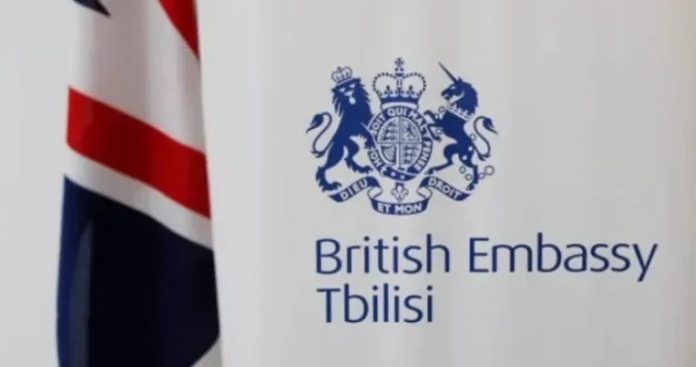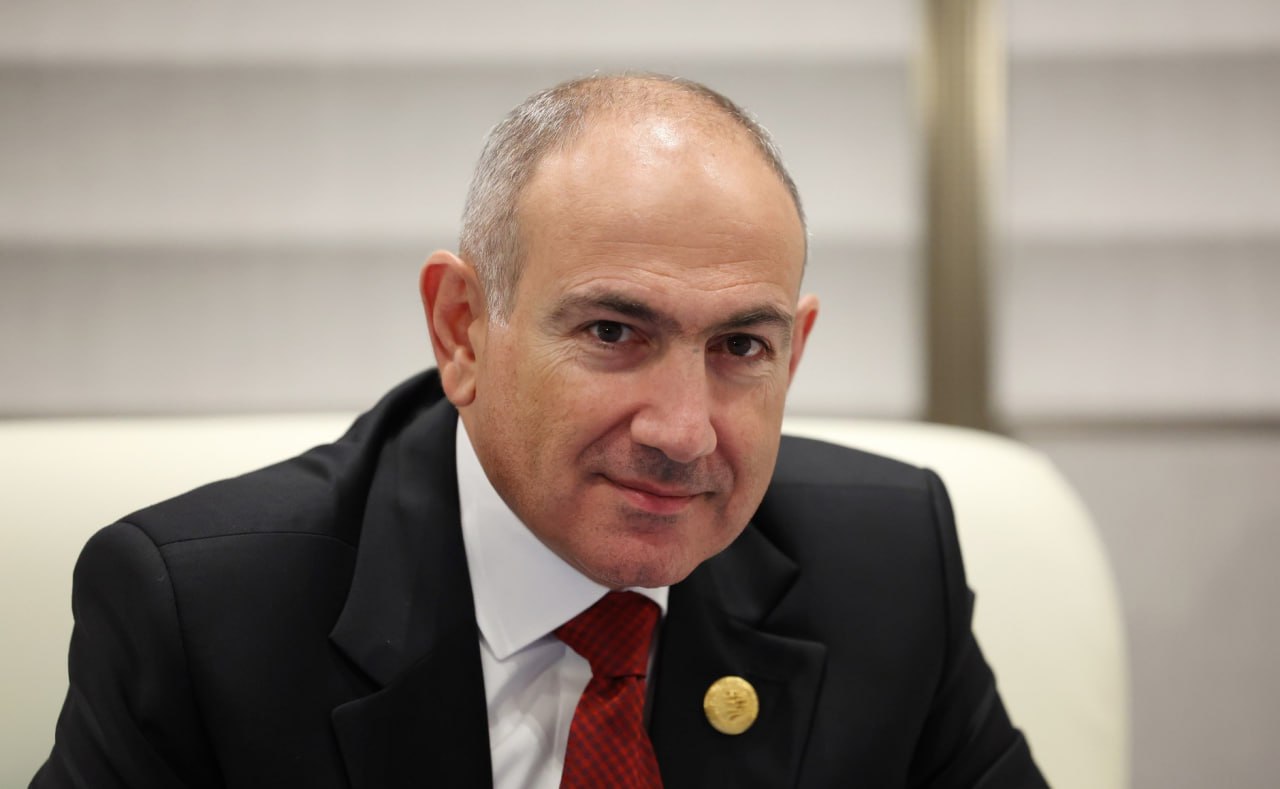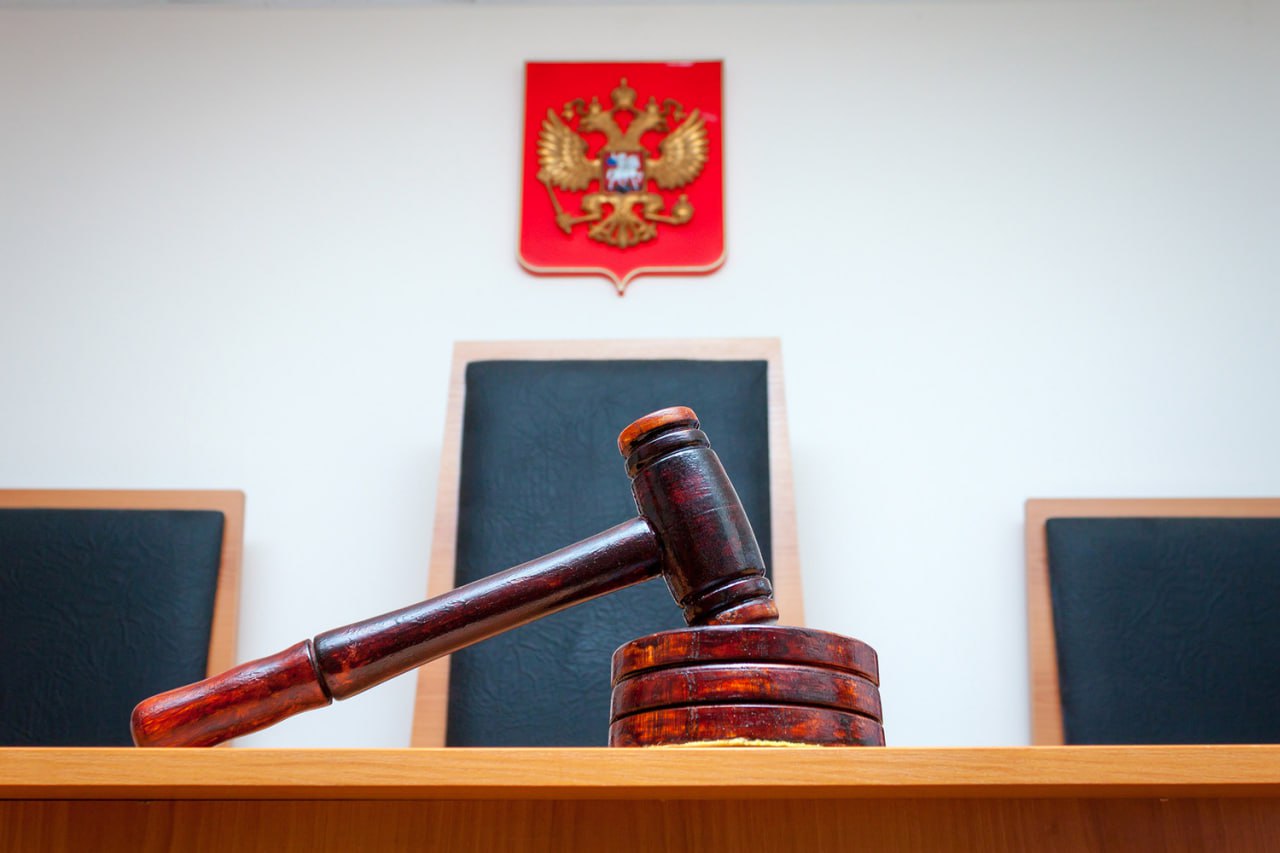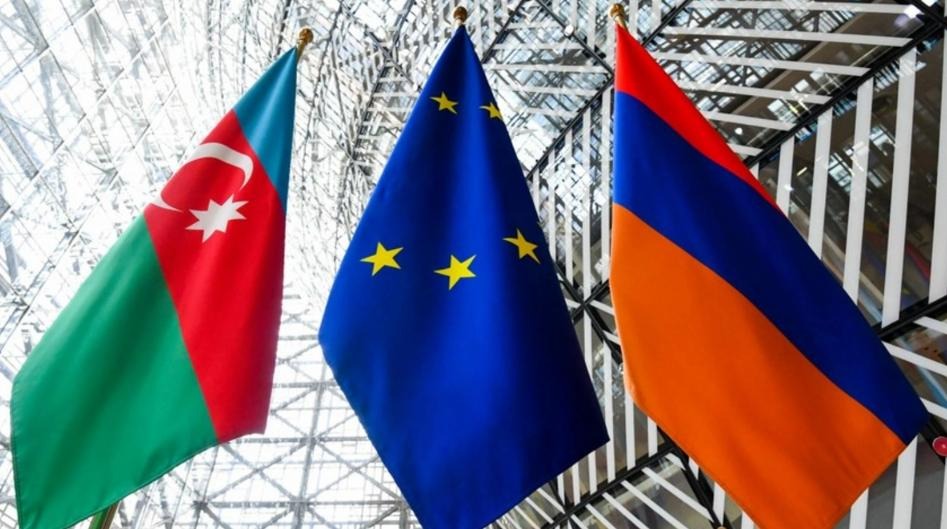The British Embassy in Georgia responded to Prime Minister Irakli Kobakhidze's statement that London should apologize for a "fake" spread by the BBC. This refers to the British Broadcasting Corporation's controversial report alleging that Georgian authorities used a World War I-era chemical weapon called "kamit" to suppress anti-government protests.
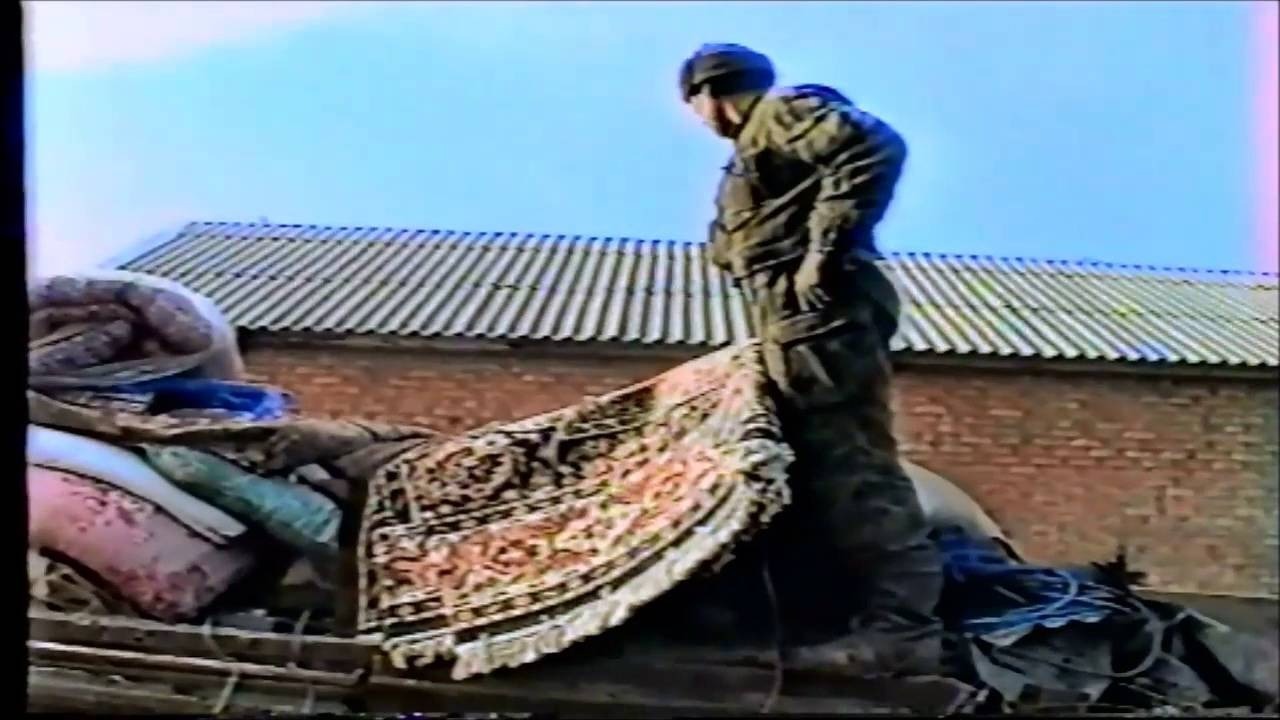
May 29, 2001
***
At dawn, the Russian military took Jamalail and Akhmed Bashaev, natives of the village of Chechen-Aul, Grozny region, from Zakrevskogo Street in Grozny. Living in the city with their sister, they earned by cleaning bricks on the ruins of houses and then selling them. Relatives turned to law enforcement agencies.
On June 7, 2001, the kidnapped brothers were put on the wanted list, and search files were drawn up against them (nos. 96/01 and 97/01). The investigation into the circumstances of the detention of the Bashaevs was carried out by employees of the Leninsky District Department of Internal Affairs. Thanks to the efforts of the police, they were released on June 10.
In the place of detention, the brothers were tortured and beaten. The condition of both was so severe that the relatives immediately took the released to the hospital. But this did not save one of the brothers. Akhmed Bilalovich Bashaev, born in 1971, died from injuries and mutilations inflicted by the Russian military.
***
On May 29–31, another “cleansing operation” took place in the village of Chiri-Yurt, Shali district, during which about 50 people were detained. The reason for it, according to the official version, was the murder and abduction of Russian servicemen, including women, allegedly three or four days earlier in the neighboring village of Starye Atagi, Grozny region.
On the first day of the "cleansing", i.e. On 29 May, only passport checks were carried out; in the village itself, the military did not detain anyone. The local population had a feeling that the operation would be carried out correctly, respecting the rights of the people living there. However, later it turned out that at about 6 am, servicemen of the 205th motorized rifle brigade, presumably, while blocking the territory of the cement plant, had already unreasonably detained five people.
According to the order of the commandant of the Shali district, the protection of this enterprise, together with employees of the Far Eastern SOBR (they were seconded to the village police department), was carried out by a brigade of watchmen from among local residents. The lists of these people were approved and should have been included in the district commandant's office.
That night, Musa Dakhaev, born in 1966, Movsar Khamaev, born in 1963, Sultanbek Shahidov, born in 1963, Lechi Musaev, 65, and Sultan Beriev, 65, were on duty at the plant. The first group of military men who entered the territory of the plant, most likely intelligence, checked the documents of the guards and did not express any claims to them. However, a senior officer who arrived soon after first asked what they were doing here, and then, when they explained it to him, he ordered his subordinates: “Tie up everyone, lock them up!”
The guards covered their faces and eyes with their own clothes, and tied their hands with twine. After that, they kept him on the territory of the plant for two days and interrogated him, subjecting him to physical and mental torture. Various officers repeatedly took them to the factory workshops and asked practically the same questions: “Where are the militants? Who kidnapped the woman? Then they beat me.
Musa Dakhaev was subjected to especially severe beatings. Feeling his muscles and saying: “You are young, you will survive,” the military hung him up by his tied hands. Then they tied bare wires to his fingers and began to torture him with electric shocks. To do this, they twisted some kind of machine that sounded like a field telephone. The sensitivity and mobility of his forearms and hands were restored only after two months.
At least five times the military simulated execution: they put guards against the wall and, giving commands, twitched the shutters. This had a strong psychological effect on them. For two days they were not allowed to eat or sleep.
Employees of the POM and the administration were not allowed to the guards. It was only on the third day that they were taken outside the plant, and here, having untied their hands and eyes, they released them. There was no investigation into the circumstances of the detention and the violence committed against these people. To the complaints of relatives from the commandant’s office, they only replied that they would “sort things out”.
On May 30, the military began mass captures of people in Chiri-Yurt itself. So, to Hamid Abdullayev, who lives at 53 Lenina Street, they broke in the front door at about 4 am. Trying to find out what was the matter, the wife ran towards them, but the soldiers pushed her away and then hit her; the woman's bruises did not go away for two months. They first laid the owner of the house on the floor, and after a while they took him naked into the yard, handcuffed him and put him in a Ural car. He was taken to the same cement plant, where by that time there were already six other detainees. Their names:
1. Khamzat Yashurkaev, 65–66 years old;
2. Ismail Bitiev, 33–35 years old;
3. Bitiev, nephew of Ismail Bitiev, aged 16–17;
4. Vakha Astamirov, 48–49 years old;
5. Denilbek Ersanukaev, 49 years old;
6. Movsar Ersanukaev, 20 years old.
Khamid Abdullayev was given clothes and taken for interrogation. He was demanded to “surrender the barrel” and photographed. When they again took him out to the courtyard of the cement plant, he saw that about fifty people had already been detained, among whom he managed to find out:
1. Saydi Ampukaeva, the military found fault with him because of the documents for the Volga car;
2. Said-Emin Baudinov, a disabled person of the second group, and his brother, who had not a local, but a Grozny registration;
3. Ramzan Naurbiev, chief engineer of a cement plant, in whose yard a forklift belonging to this enterprise was left for safety reasons;
4. Zhalaudi Umaev, head of production at a cement plant, in whose house the military found a toy gun that they mistook for a real one;
5. The brothers Sharpudi and Shamil Altemirovs, who arrived at the “cleansing” operation, did not like the license plates of a KamAZ car parked at their site.
It was not the first time the military broke into Khamid Abdullayev himself. During the so-called. During a targeted special operation in February 2001, they confused his house with the house of Idrisov, who died at the end of 1999. It turned out that the military used lists in which both houses had the same numbers (renumbering in Chiri-Yurt took place in the late 1980s).
Sharpudi Altemirov was detained at about 7 am. He was brought to the cement plant and immediately taken to the investigator, who introduced himself as Dmitry Medvedev. He offered to identify the old bag, which really belonged to the Altemirov family, but as unnecessary, had long been lying in the barn. As it turned out later, it contained two grenades, most likely planted by the military themselves. The investigator offered to sign the protocol of interrogation on their voluntary surrender, stressing that the detainee would not be threatened with reprisals by the federal authorities. After some thought, he did just that.
After some time, the military commandant of the Shali region, Colonel Gennady Nakhaev, arrived at the captured Chiri-Yurts. He apologized to the civilians and ordered their release, saying "the operation failed". Later, however, it turned out that the decision to stop it was made after active protests began in the village: women, old people and children took to the streets with pitchforks and shovels and demanded the release of the detained people. At the exit from the settlement, they blocked a column of tanks and armored personnel carriers.
The military tried to disperse the protesters, firing under their feet and over their heads with machine guns, beating them with rifle butts and kicking them, they began to push the crowd out of the way. But the people didn't give up. As a result, on the same day, almost all the captured residents of the village were released.
However, the fate of the 16-year-old teenager, who had a Saratov residence permit in his passport, remained unclear. During the arrest, the military promised to send a request to the Department of Internal Affairs of the Saratov region, find out the reason for his stay in Chechnya and then release him. But he did not return home.
During the "cleansing" the military not only detained, but also robbed people. Breaking into houses, they carried away the most valuable things: gold items, audio and video equipment, carpets, expensive perfumes, etc. After their visit, women's underwear also disappeared in some places. The military stole 3,000 rubles from a resident of the village of Davletbiyeva, about 50,000 from Shamsadov. A store and food stalls were robbed.
On May 31, the “cleansing” continued, but without arrests and gross violations of the law. As already noted, the Russian command involved servicemen of the 205th motorized rifle brigade of the Russian Defense Ministry in the operation. In addition to them, employees of the VOVD of the Shali district, units stationed in Khankala and neighboring Dachu-Borzoi were transferred to Chiri-Yurt. General Gennady Troshev personally attended the "cleansing operation".
From the book "People Live Here", Usam Baisaev, Dmitry Grushkin, 2006
